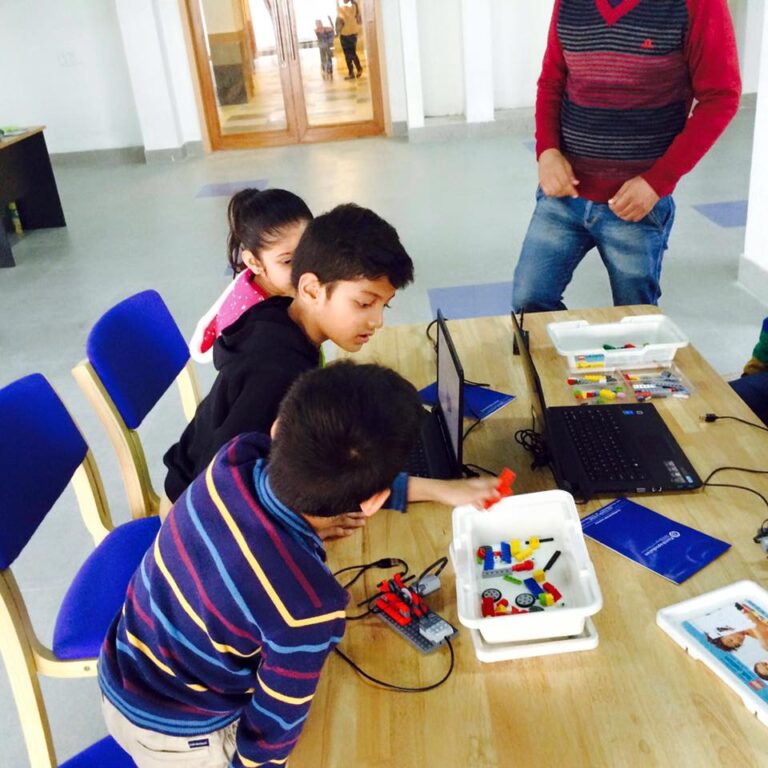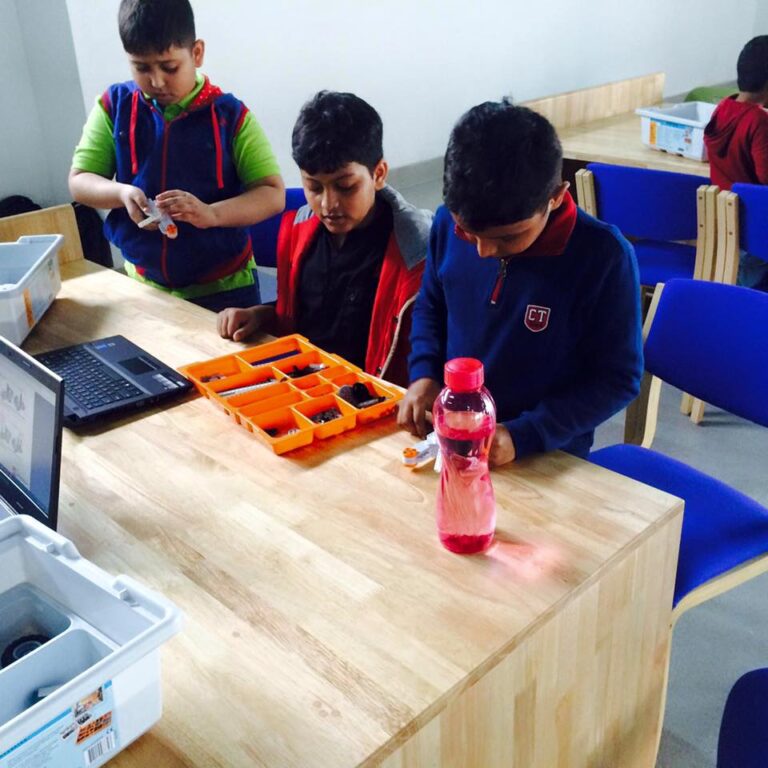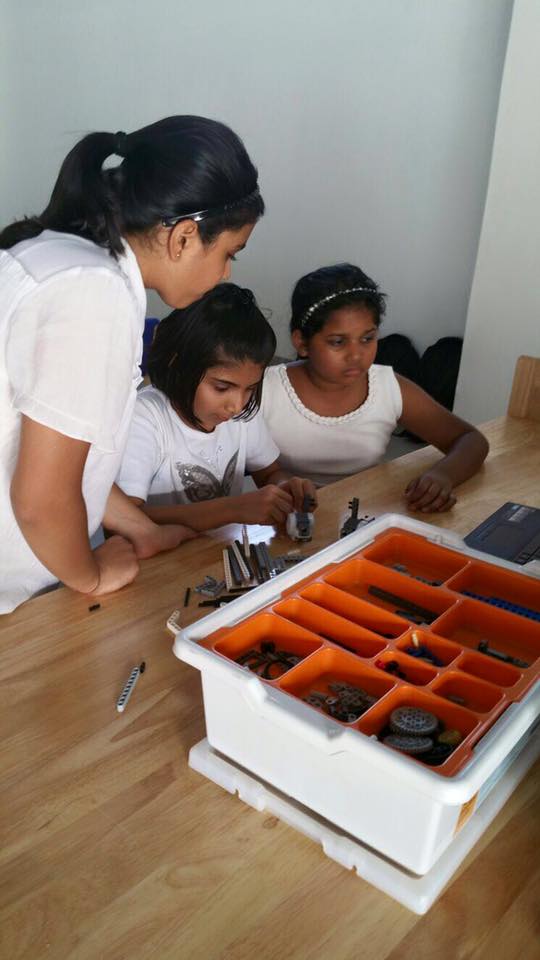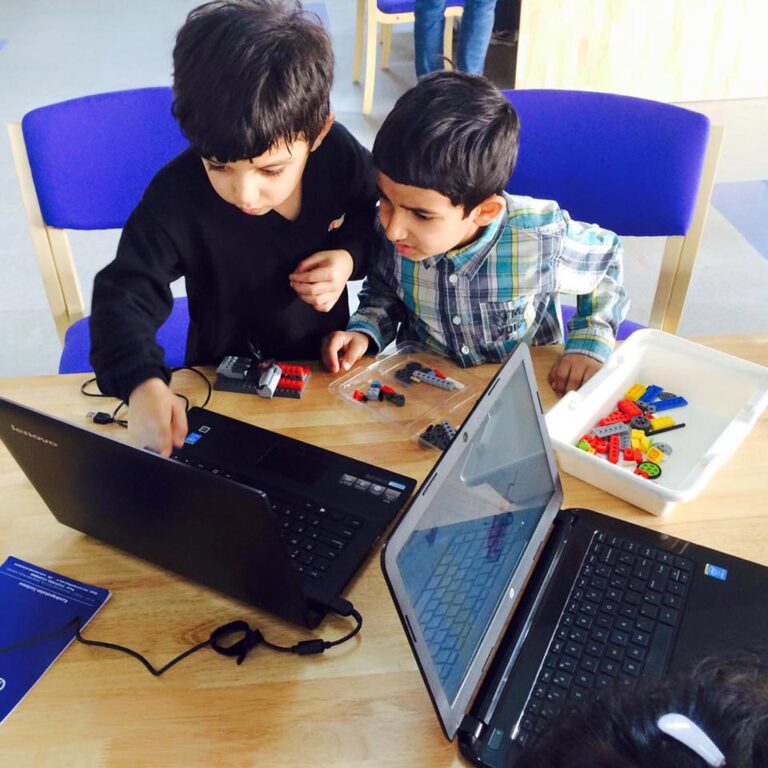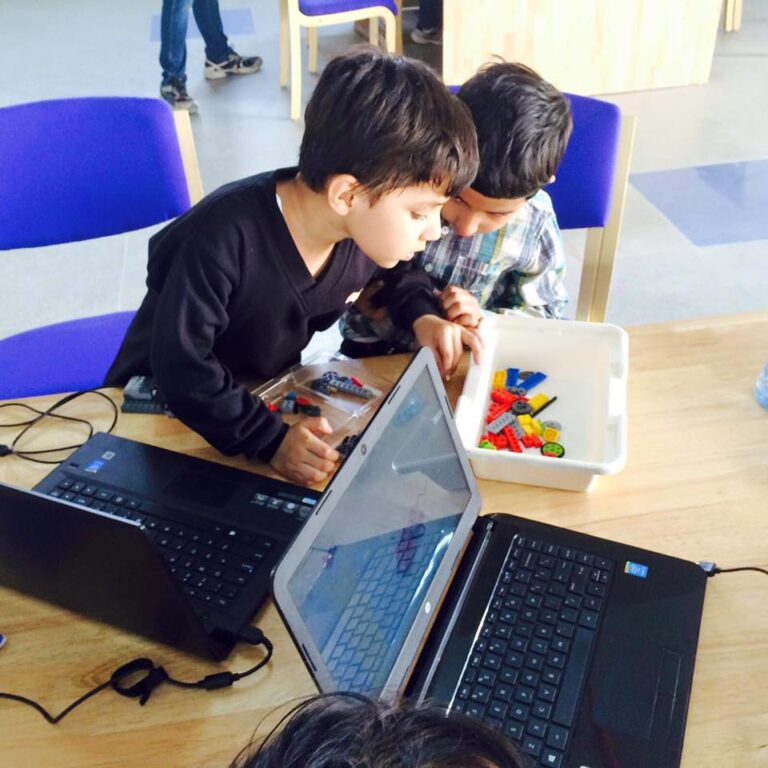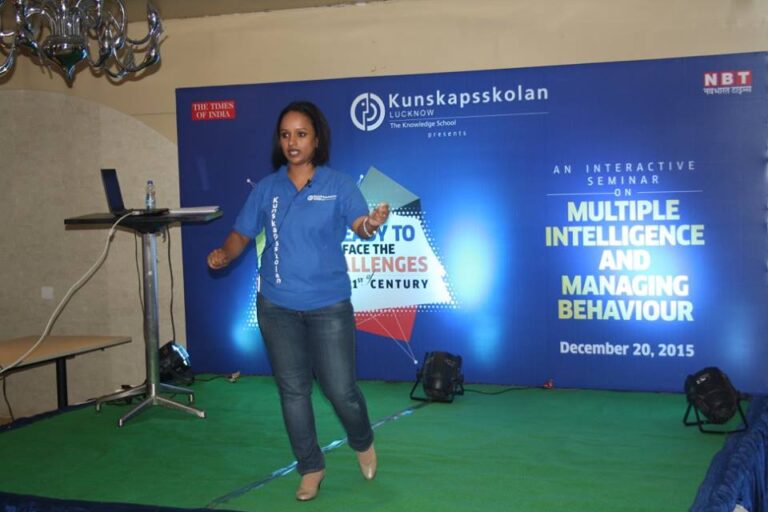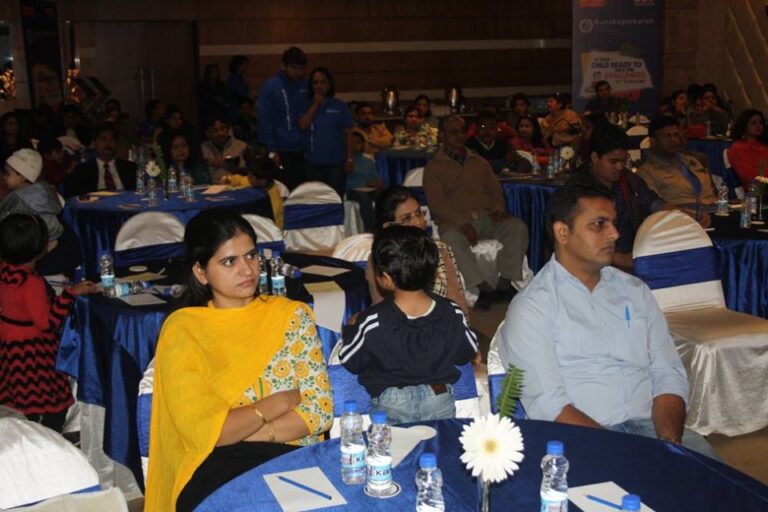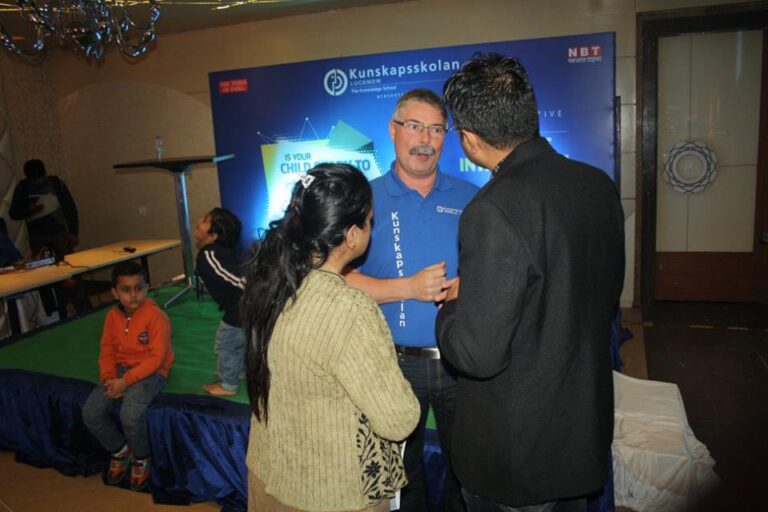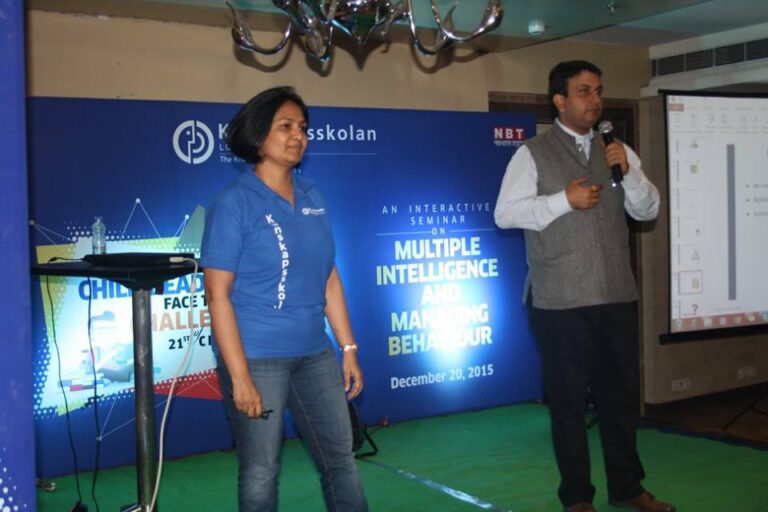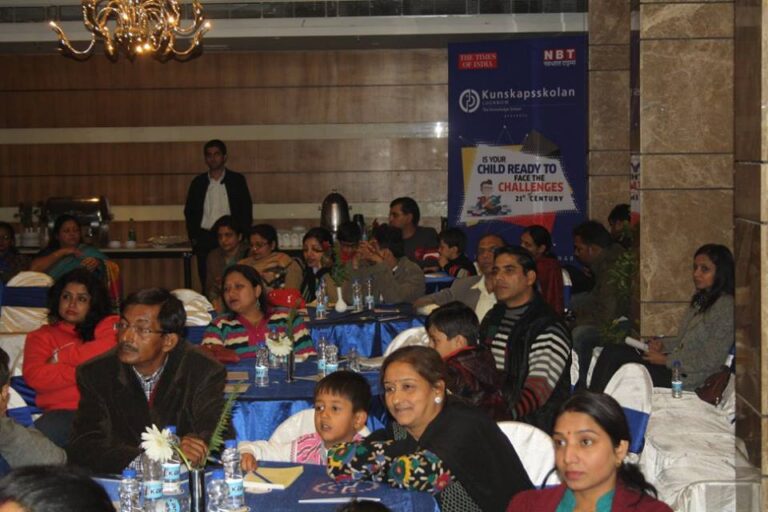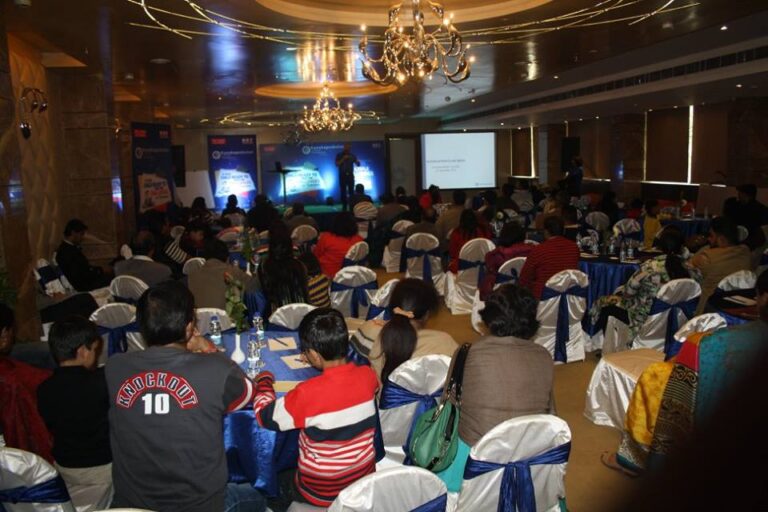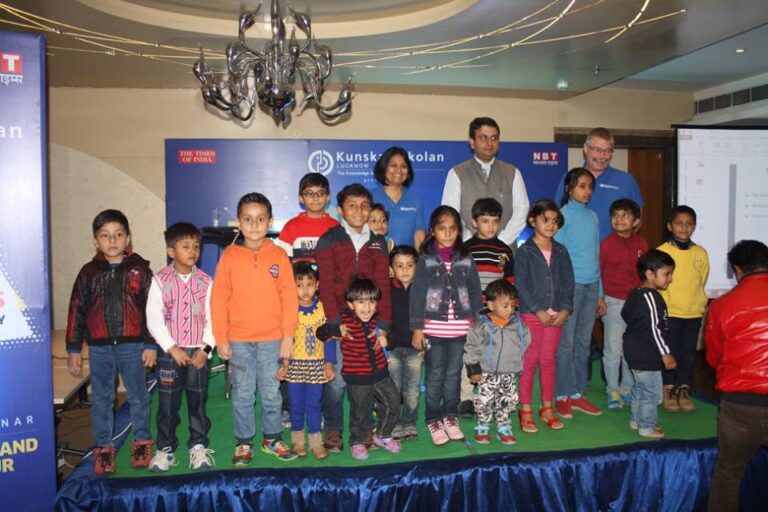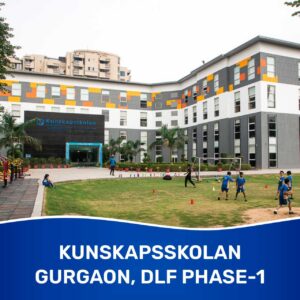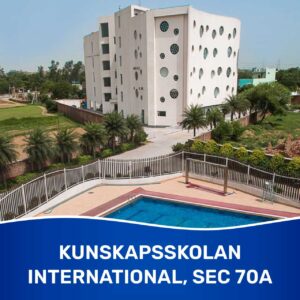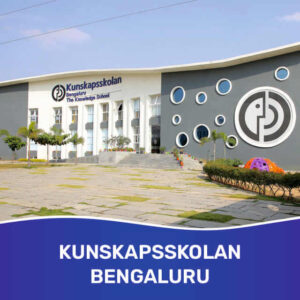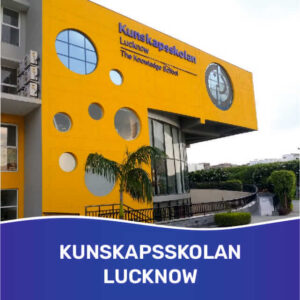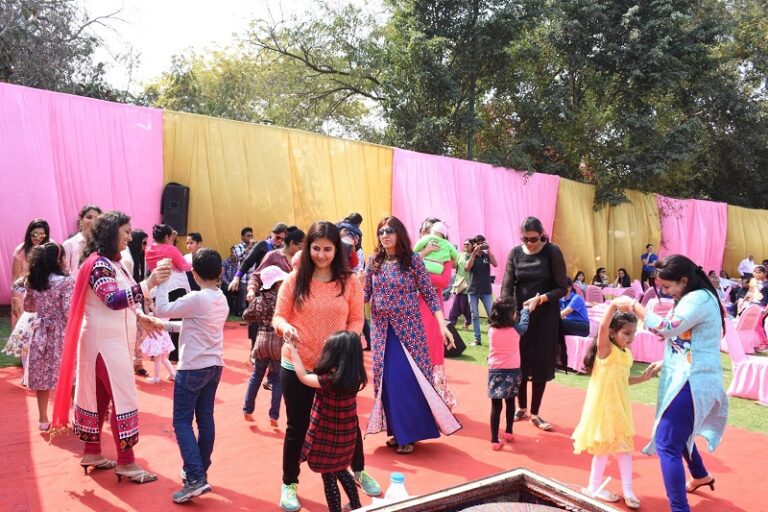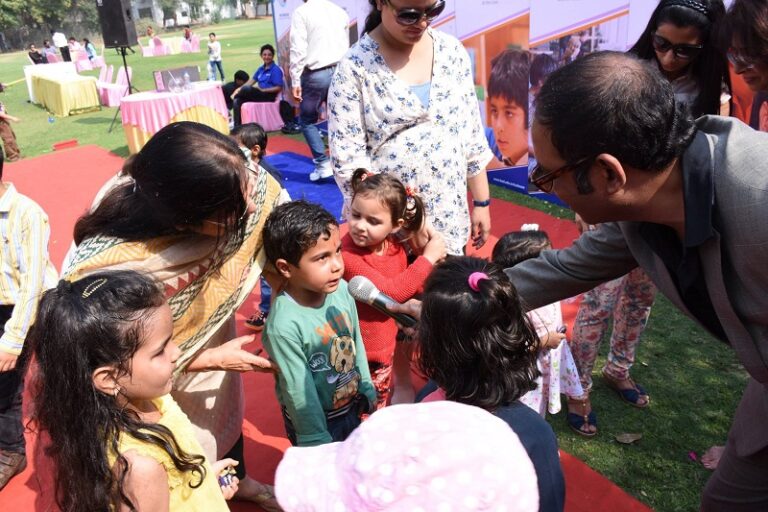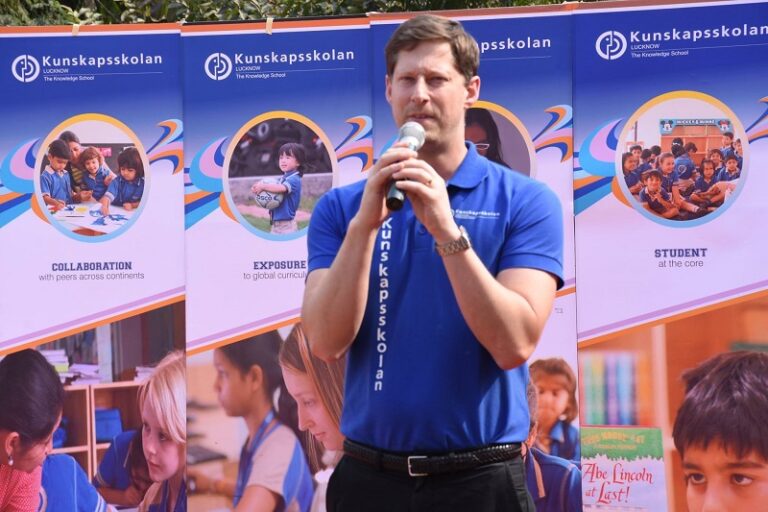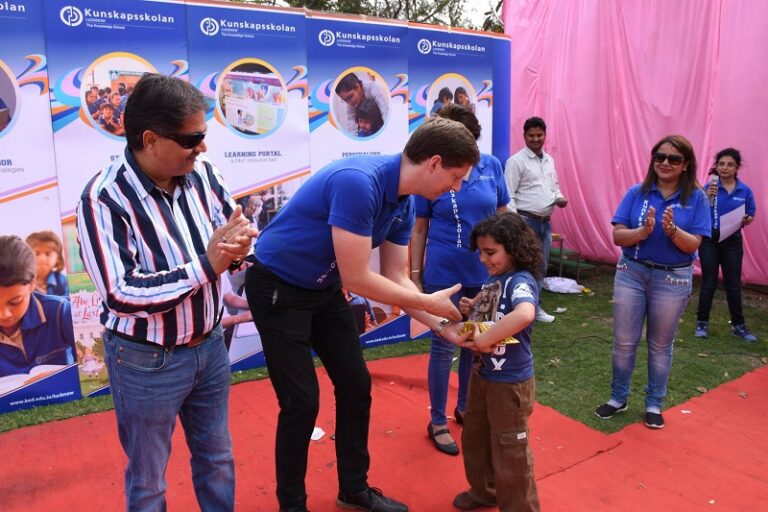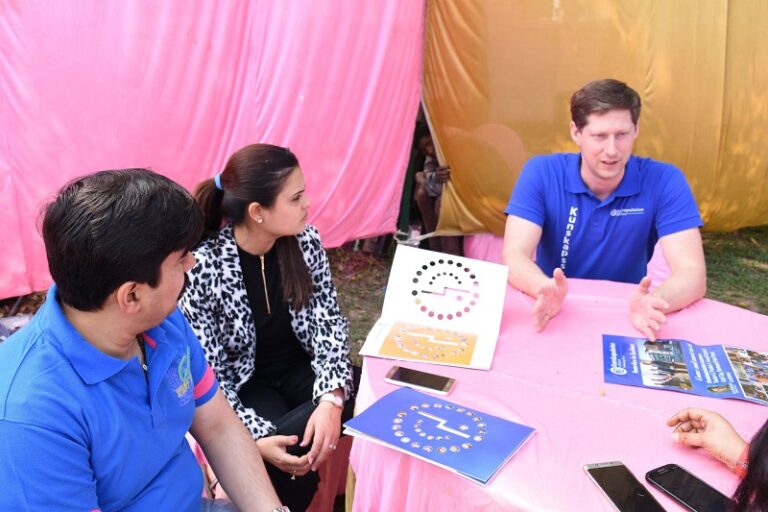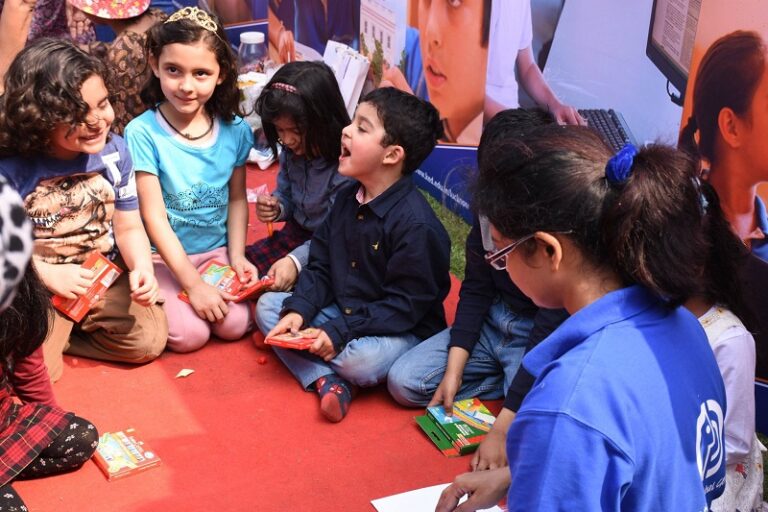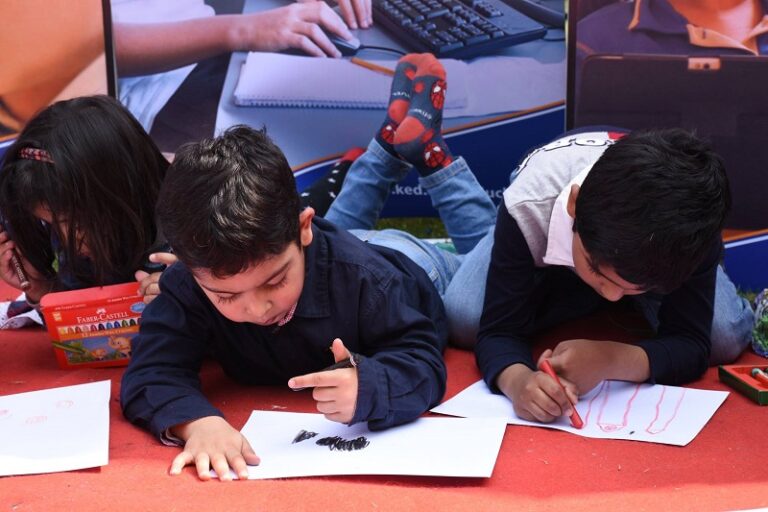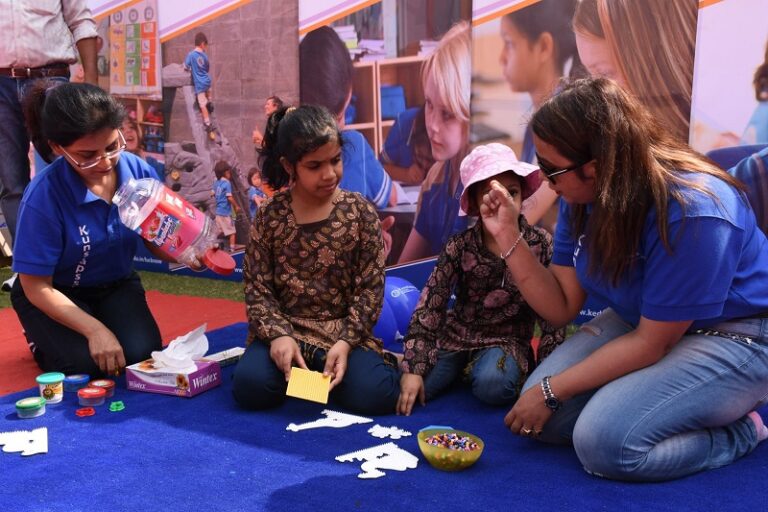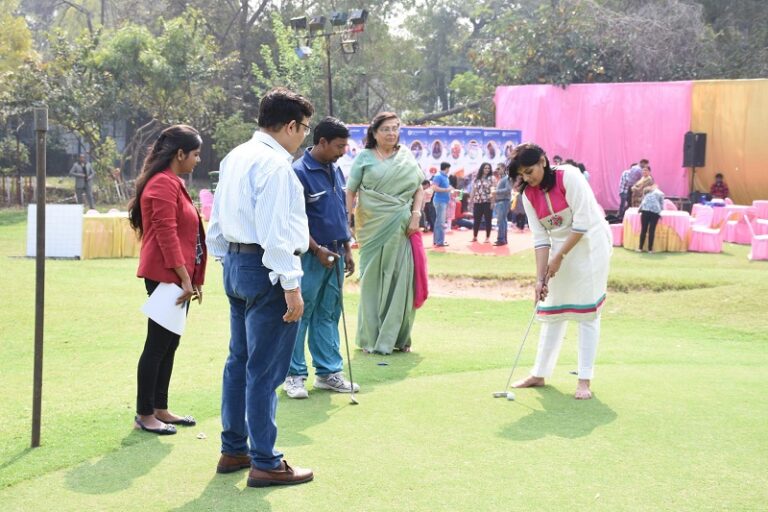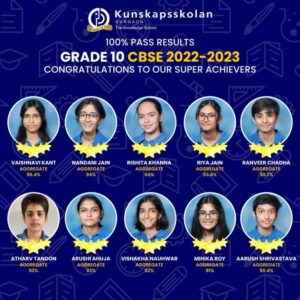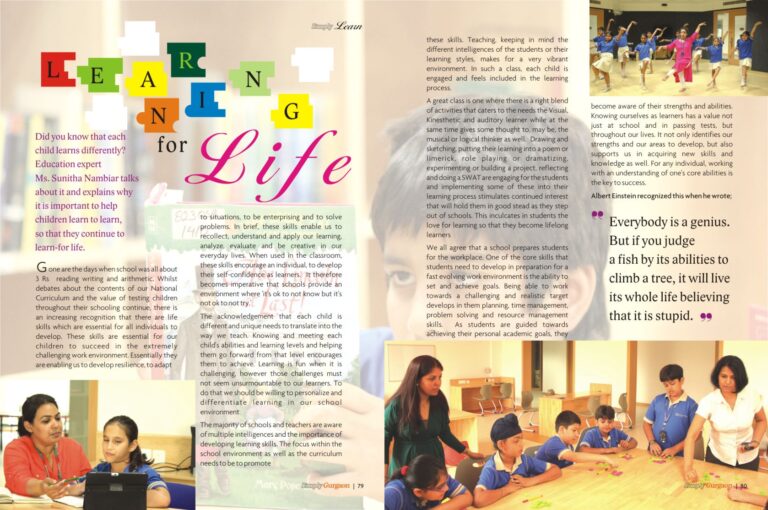January 1, 2024


















Mail
- admin
- 0
SEPTEMBER & OCTOBER BLOG
Language and Literature
[ September - October ]
We studied Tall Tales this month in Language and Literature. We learnt, first and foremost, about the elements of a story. All stories have six basic elements: characters, setting, plot, genre, theme and point of view. We became more “KNOWLEDGEABLE” and developed our “LANGUAGE” ATL skill. This month has helped us understand the way stories work and how their chronology is organized. My reflection is that these sessions have been immersive and have made us understand stories in a deeper way.
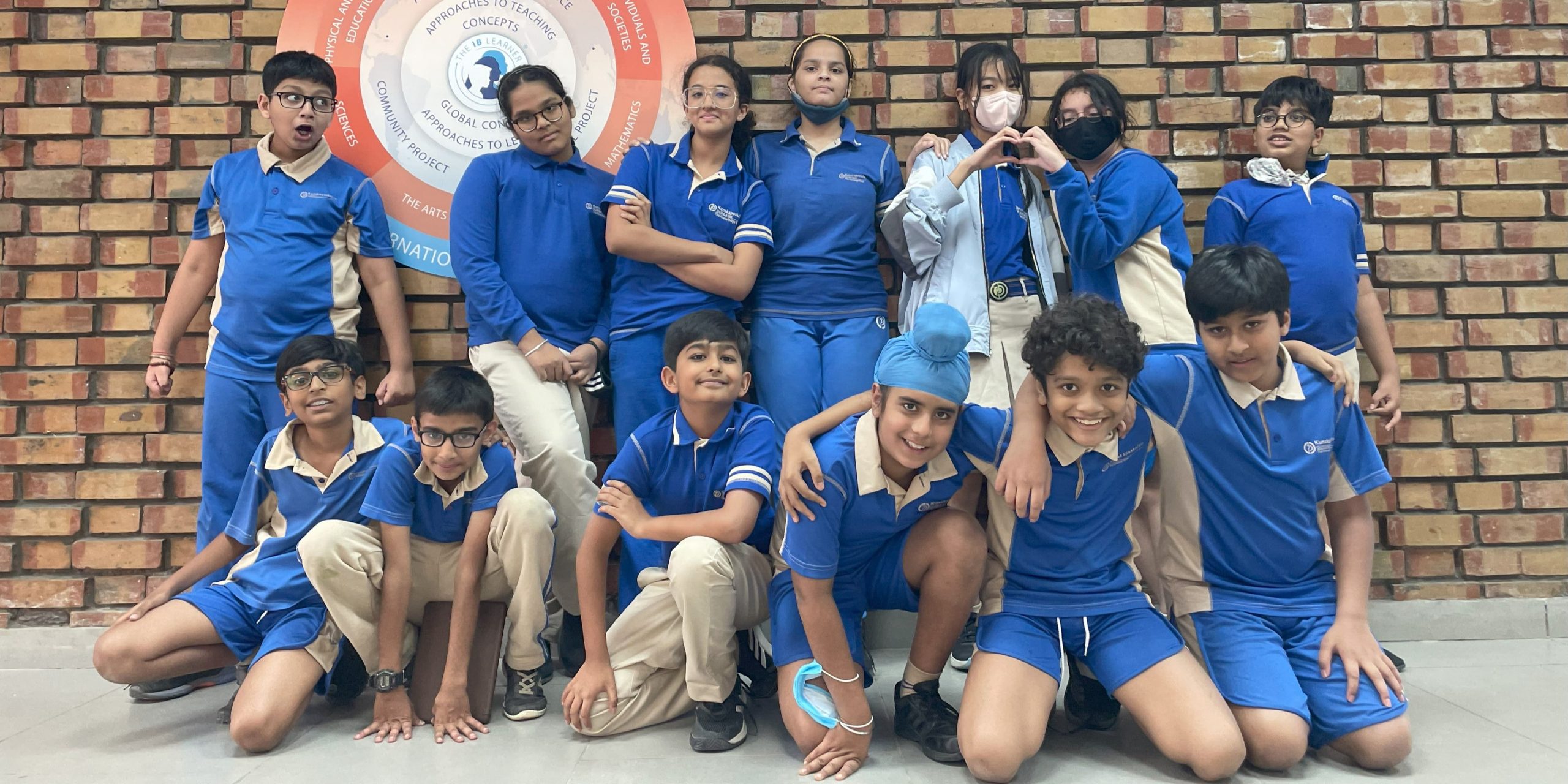
Language and Literature-2
[ September - October ]
This month in Language and Literature, we evaluated and reflected upon the Short Story Podcast. Once we started with the new topic of poetry, we were introduced to Ballads and analyzed two poems-
- The Solitary Reaper – William Wordsworth
- La Belle Dame Sans Merci: A Ballad – John Keats
We compared and contrasted these Romantic ballads and figured out their Quatrain structure, Rhyme Scheme and literary devices used within them.
We then began exploring Pop Ballads to familiarize students with modern adaptations of the classical Ballad genre.

Language acquisition - Hindi
[ September - October ]
In Hindi, we had spoken about a few pictures related to health and fitness. After our concept on the topic was clear, we had our Formative Assessment which helped us to evaluate our work. We were assessed based on our listening, writing, communication and reading skills. Then, to showcase our learning in a creative manner, we created a poster on health awareness where we included many colorful illustrations, and a meaningful slogan in hindi.

I&S
[ September - October ]
In I&S, after our formative assessment on Gender Inequality, we started with the topic of ENVIRONMENTAL ISSUES. Our first discussion was on Deforestation. In the first session, we watched a few videos on the causes, impacts and solutions of deforestation. We also conducted a debate where some students were against deforestation and while some people supported it. Ma’am provided us with 2-3 case studies on deforestation in Brazil. We answered questions based on the case studies and the video we had watched.

I&S 2
[ September - October ]
The next discussion was on Pollution. In the first session we were divided into groups and had to research about the different types of pollution like, Air, Water, Land, Noise and Light and were instructed to present our findings on it. Later on, the students had a task to create a poster on the different types of pollution and were graded on it.

Science
[ September - October ]
This month, we mostly focused on Joints. We learnt about hinge, pivot, ball and socket, and gliding. We had done activities like creating 3D models of the joints, creating mind maps on joints, and first aid for fractures related to joints. We also ventured into the medical conditions related to bones & joints, followed by finding causes, symptoms and preventive measures for each condition. For developing our research skills, we got different real life scenarios where we use our joints to create movement and were provided with some open ended questions to research on. We created individual presentations based on any one scenario of our choice to demonstrate our understanding.

Science - 2
[ September - October ]
This was followed by an online session with Dr. Raghav Goyal, Orthopedic Surgeon at Goyal Hospital in Jaipur, in which he talked about the different ways to maintain joint health and how our lifestyle choices impact our health. We were recently introduced to the Muscular system. In the first session, we watched a video on how our muscular system works and made detailed notes and a few diagrams. We also were able to categorize different types of muscles based on their appearance, movement, control and location. The different movements like contraction and relaxation were also discussed.

Mathematics
[ September - October ]
In math, we began with decimal arithmetic, that is, performing number operations on decimal numbers. We also learned about the order of operations, called BODMAS or BEDMAS (Brackets, Exponents, Division, Multiplication, Addition, Subtraction). We have developed the ‘KNOWLEDGEABLE’ skill, as math is a fact-based subject that helps us develop our critical thinking skills. This subject has been difficult at times, but altogether it’s been informative. I have faced some challenges in math, but I overcame them due to a video resource shared by Sir.

Mathematics - 2
[ September - October ]
During this month, in mathematics, we finished the topic of Ratio and Proportion and gained clarity on the topic to a level where we were ready for the Formative Assessment. We completed many assignments in practice sessions. We have now moved on to a new unit, Probability. Probability will help us a lot when it comes to making decisions and predictions. To understand how to practically implement probability, we had done an assignment where we had to sort the possible outcomes for a certain event. We had watched a video to further our understanding of probability. In the coming sessions, we will be getting more assignments to keep gaining more clarity of the concept.

Physical Health Education
[ September - October ]
These past few weeks, we mostly focused on the physical fitness tests. We have completed different Health and Skill related standardized tests like the Harvard step test for cardiovascular endurance, the sit and reach test for flexibility, push-ups and sit-ups for muscular strength, plank hold for muscular endurance, alternate hand-wall toss test for hand-eye coordination, shuttle run for agility, 60 meter sprint for speed, etc to check our initial fitness level. We also participated in Sports day try-outs for different games, like football, archery, table tennis, badminton and basketball across all grades.

Physical Health Education -2
[ September - October ]
In PHE, the students explored the various aspects of gymnastics, specifically focusing on artistic gymnastics where they firstly had to do some research on the topic which was the theoretical part of it and then they learnt how to perform certain activities that are a part of artistic gymnastics. They learnt how to do 3 types of rolls: Forward, Backward, and Sideward. The students gradually improved their form and were able to write down the steps in their register by themselves with the help of online sources, then they were assessed on their ability of how well they could perform each roll. After the assessment the students reflected on their performance and how they could’ve done better and improved upon what they did well.

Design
[ September - October ]
This month, we focused on creating a FUEL CELL ROCKET. We were divided into pairs for this project and had approximately 2 weeks to finish it. We had to research everything needed to assemble a rocket and learned about new things like aerodynamics, mass etc. Due to some design failures, Sir had given us another month to create a bigger and better rocket and given us some additional instructions, such as checking the weight of the materials as per the weight that the fuel cell could sustain.

Design - 2
[ September - October ]
In design, the students of MYP-2 worked on a project where they had to design and create a Mobile controlled light bulb using the software they learnt about last month, ‘arduino’, where they learnt how different components work together to perform a certain task. Then to test their knowledge and understanding, the students were tasked with constructing a plan on how to effectively execute the idea using their own research, knowledge and time. After doing this, they were assessed on their work which led to the final step of actually making it. The process of making the circuit was simple, but they also focused on making a lamp shade. When making the lamp shade they discussed various purposes for which a light is used and how it solves a problem or need/want of someone or something.

Visual Arts
[ September - October ]
We have completed our formative for VA where we adapted a famous painting and made it our own . We are now making paintings for calendars which we will showcase at the Christmas Carnival. We have been tasked to make them using either complementary or analogous colours (black and white is also permitted). Through this activity, we develop the ATL skill of Creative Thinking and become independent Thinkers. This has, in my opinion, strengthened our understanding of colour theory. My reflection is that we are strengthening our thinking, entrepreneurial, and artistic abilities.

Visual Arts-2
[ September - October ]
Throughout this month, in Visual Arts, we learnt about the elements of art in detail. We mainly focused on practically implementing our learnings. Thus, we also had our Formative Assessment in which we had to do 2-3 artworks in any medium. We were able to explore different mediums and were able to create a fusion between them. We also learnt a few new watercolor skills such as –
- Variegated wash
- Flat wash
- Gradient wash
We also evaluated our formative assessment and why we took inspiration from the particular artwork.

Performing Arts
[ September - October ]
This month we continued with our task to prepare for the puppet show. We were divided into groups of 5 people and were given different genres of stories, for example, Fables, Tall tales etc. We found stories related to our given genre and were allowed to add a twist to it or to create a story of our own. The groups are done with dividing the work and roles among their respective members and have started working on the scripts.

Performing Arts -2
[ September - October ]
In performing arts, the students studied the art of shadow puppetry where they watched numerous videos on the different types of shadow puppetry, how it is a dying art and how they can put together their own play. The students worked on creating a shadow puppet show where they discussed the elements of shadow puppetry and how they can execute their own ideas through it. They constructed their first draft of shadow puppets and presented them to implement their learning and then received feedback on their performance and inputs on how to improve on their work.


Phone
(+91) 95917 48899
kedschools@ked.edu.in
Kunskapsskolan Campuses
Gurgaon,Bengaluru,Lucknow

